11 Low Glycemic Foods to Keep Your Blood Sugar Levels Down
Everyone loves a good sugary or carb-loaded treat now and again, but
if you suffer from diabetes or even prediabetes, it’s important to
manage your diet so that you don’t push your blood sugar level to a
dangerous place. If you have been diagnosed with prediabetes, the good
news is that diet can help to significantly to reverse the condition.
On the other hand, if you are diabetic, medication is most likely necessary to control your body’s blood sugar levels.
There is no food, herb, or supplement that can lower blood sugar, but there are certain foods that are good for a diabetes diet because they don’t raise blood sugar when consumed. Luckily, there is an easy way to determine which foods these are.
The scale that manages how much a particular food raises blood sugar is called the glycemic index. Foods that are low on the glycemic index are ideal for people watching their blood sugar. We have collected a list of 11 low glycemic foods, and despite what you might think, they are all flavorful choices you won’t have to force yourself to eat. Some, like #4 and #7, are even sweet!
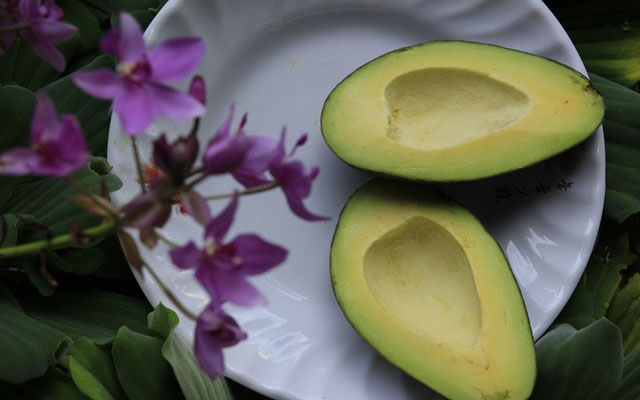
There has been a lot of talk in the media about the fact that avocados represent “good fat” but little explanation of what that actually means. The fats in avocados are primarily polyunsaturated fatty acids (PUFAs) and monounsaturated fatty acids (MUFAs), which can actually improve insulin sensitivity as well as improve blood pressure, reduce inflammation, and increase feelings of satiety after eating.
Avocados are a low glycemic food that researchers believe can lower your risk of developing metabolic syndrome, which is simply a name for a group of risk factors that can lead to diabetes. Except for the steep price tag, there’s no reason not to enjoy avocado everyday.
Protein is one of the major building blocks of our cells. It allows the body to maintain and repair itself, yet it doesn’t impact blood sugar levels. Protein is also much more filling and satisfying than carb-heavy meals, so it helps manage blood sugar because the urge to snack is reduced.
Fish are a great source of protein with the added bonus of omega-3 fatty acids. That makes fish an ideal protein for a diabetes diet because omega-3 fatty acids have been found to increase levels of a hormone called adiponectin which improves insulin sensitivity and lowers the risk of developing full blown diabetes. The best types of fish for omega-3s include salmon, albacore tuna, mackerel, trout, and halibut.
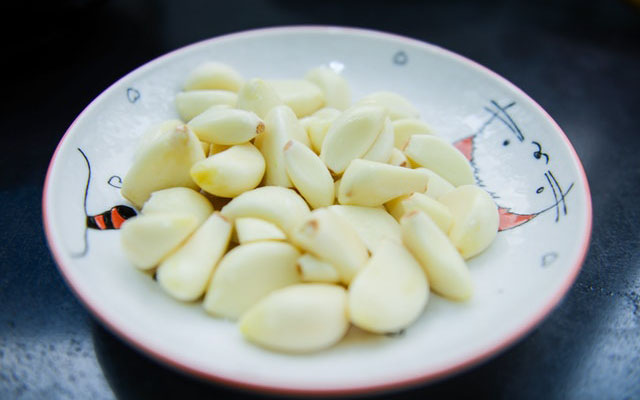
Garlic could very well be considered THE spice of life. It is very tasty yet has no carbohydrates, so it doesn’t feature on the glycemic index at all. You can use as much garlic as you’d like to flavor your meals without worrying about a bump in blood sugar.
In fact, garlic has been found to lower fasting blood glucose. Studies have shown that onions have a similar effect on blood sugar, probably because both garlic and onions contain a compound called allicin that gives them their distinctive taste and smell.
On the other hand, if you are diabetic, medication is most likely necessary to control your body’s blood sugar levels.
There is no food, herb, or supplement that can lower blood sugar, but there are certain foods that are good for a diabetes diet because they don’t raise blood sugar when consumed. Luckily, there is an easy way to determine which foods these are.
The scale that manages how much a particular food raises blood sugar is called the glycemic index. Foods that are low on the glycemic index are ideal for people watching their blood sugar. We have collected a list of 11 low glycemic foods, and despite what you might think, they are all flavorful choices you won’t have to force yourself to eat. Some, like #4 and #7, are even sweet!
1. Avocados

There has been a lot of talk in the media about the fact that avocados represent “good fat” but little explanation of what that actually means. The fats in avocados are primarily polyunsaturated fatty acids (PUFAs) and monounsaturated fatty acids (MUFAs), which can actually improve insulin sensitivity as well as improve blood pressure, reduce inflammation, and increase feelings of satiety after eating.
Avocados are a low glycemic food that researchers believe can lower your risk of developing metabolic syndrome, which is simply a name for a group of risk factors that can lead to diabetes. Except for the steep price tag, there’s no reason not to enjoy avocado everyday.
2. Fish With Omega-3 Fatty Acids
Protein is one of the major building blocks of our cells. It allows the body to maintain and repair itself, yet it doesn’t impact blood sugar levels. Protein is also much more filling and satisfying than carb-heavy meals, so it helps manage blood sugar because the urge to snack is reduced.
Fish are a great source of protein with the added bonus of omega-3 fatty acids. That makes fish an ideal protein for a diabetes diet because omega-3 fatty acids have been found to increase levels of a hormone called adiponectin which improves insulin sensitivity and lowers the risk of developing full blown diabetes. The best types of fish for omega-3s include salmon, albacore tuna, mackerel, trout, and halibut.
3. Garlic

Garlic could very well be considered THE spice of life. It is very tasty yet has no carbohydrates, so it doesn’t feature on the glycemic index at all. You can use as much garlic as you’d like to flavor your meals without worrying about a bump in blood sugar.
In fact, garlic has been found to lower fasting blood glucose. Studies have shown that onions have a similar effect on blood sugar, probably because both garlic and onions contain a compound called allicin that gives them their distinctive taste and smell.
Labels: Almonds, avocado, blue black berries, chia seeds, Coffee, eggs, Fish, Garlic, low GI foods, lowers blood sugar levels, Nuts, omega 3s, sour cherries, whole grains
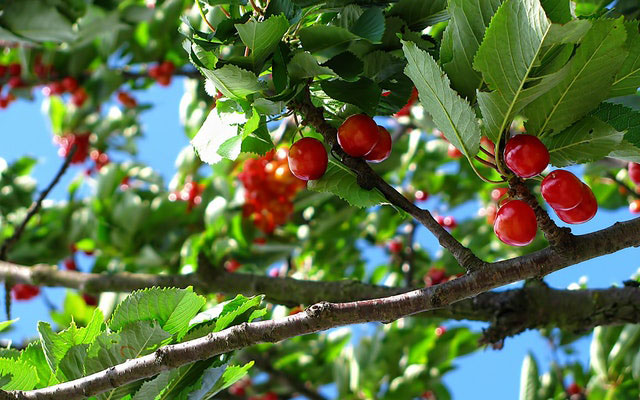
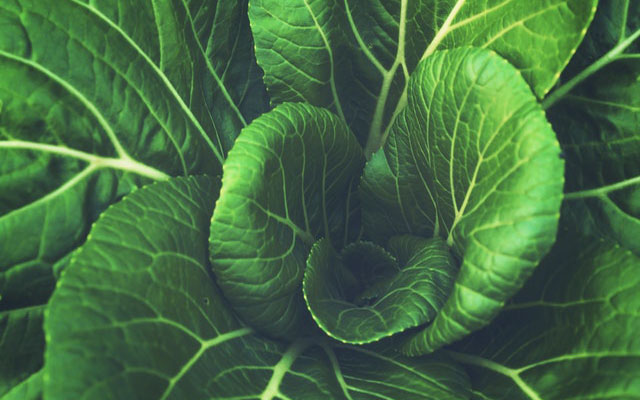
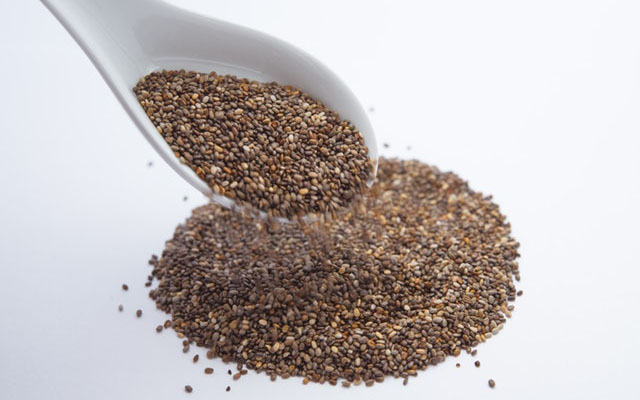
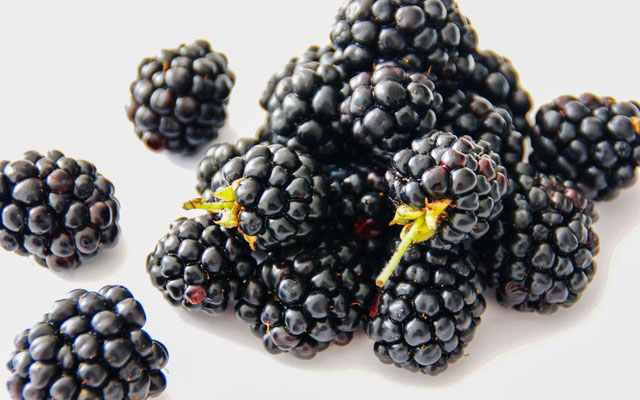
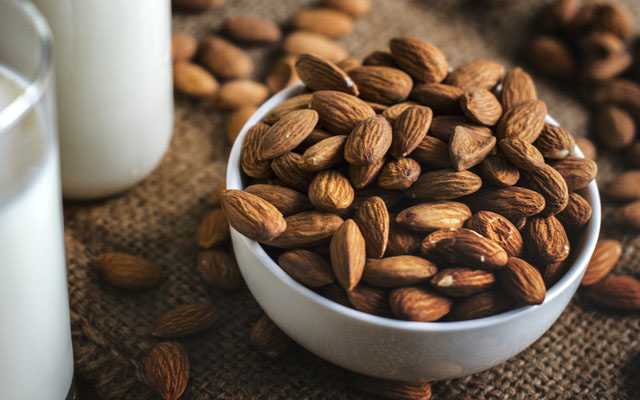
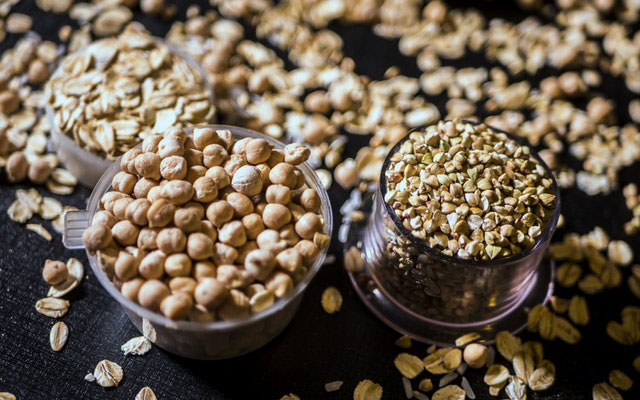
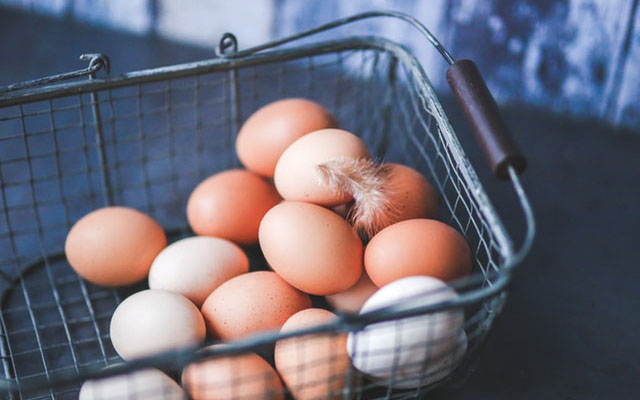
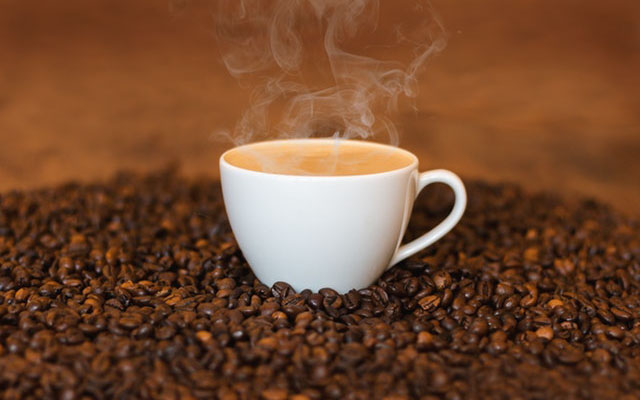

0 Comments:
Post a Comment
<< Home